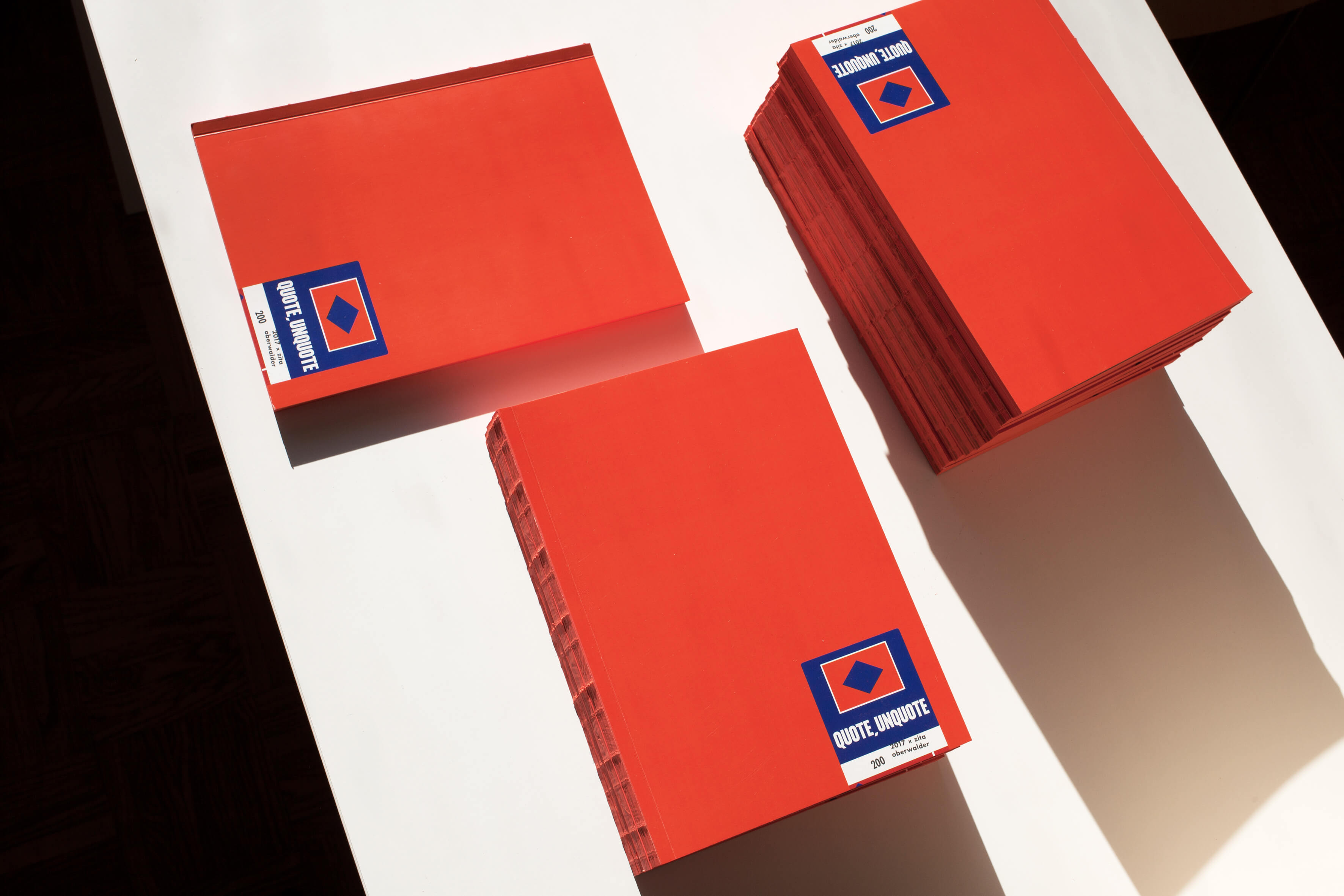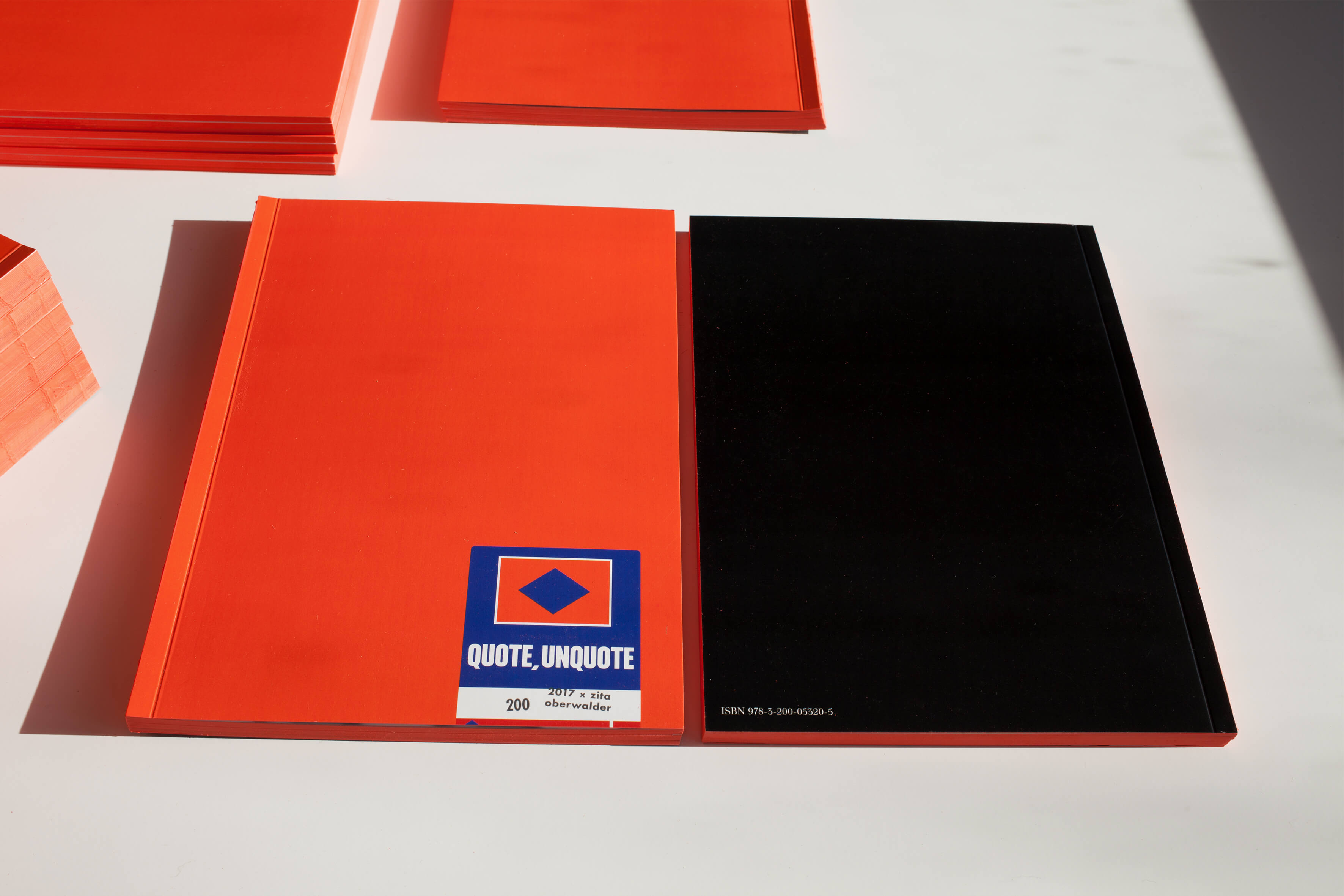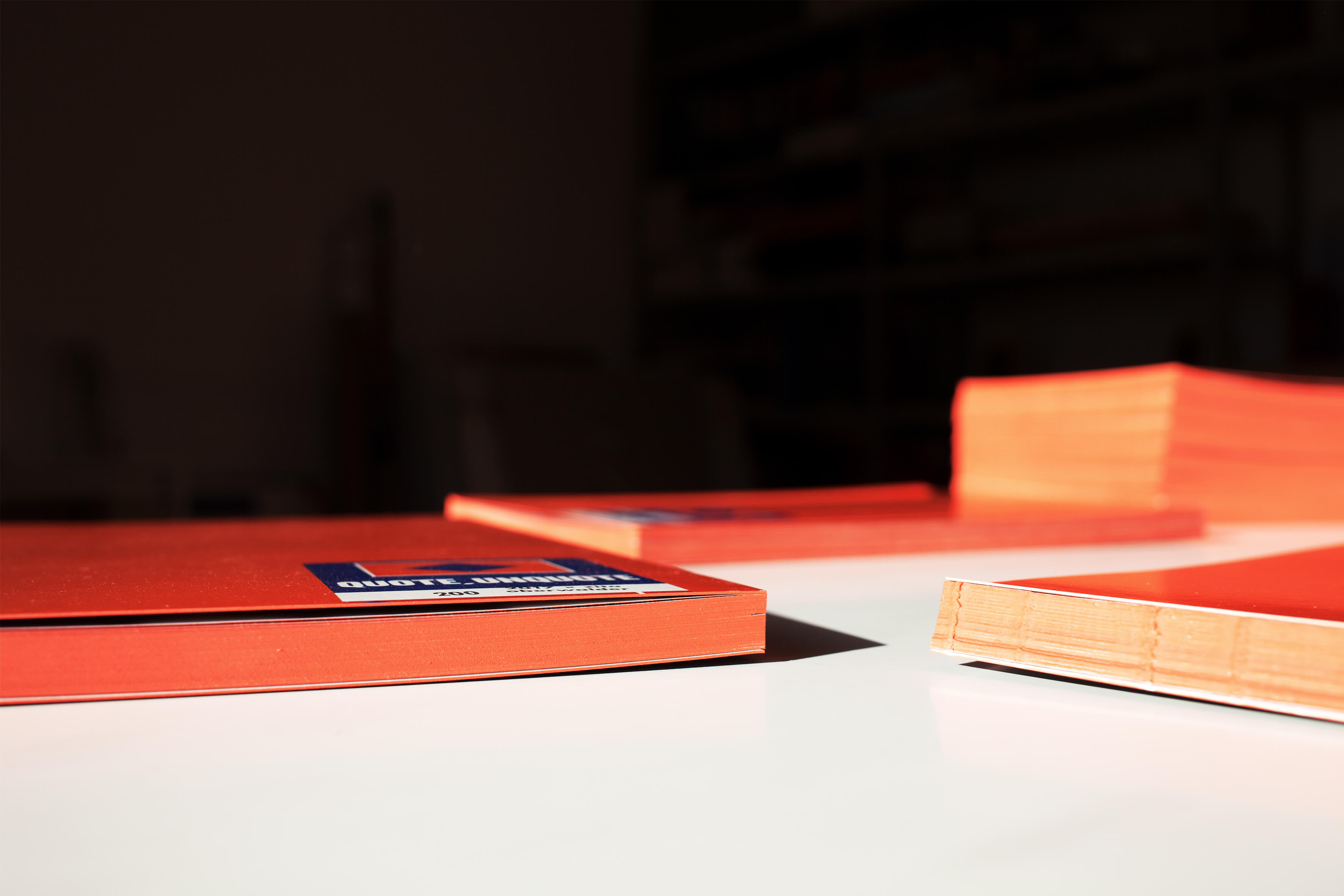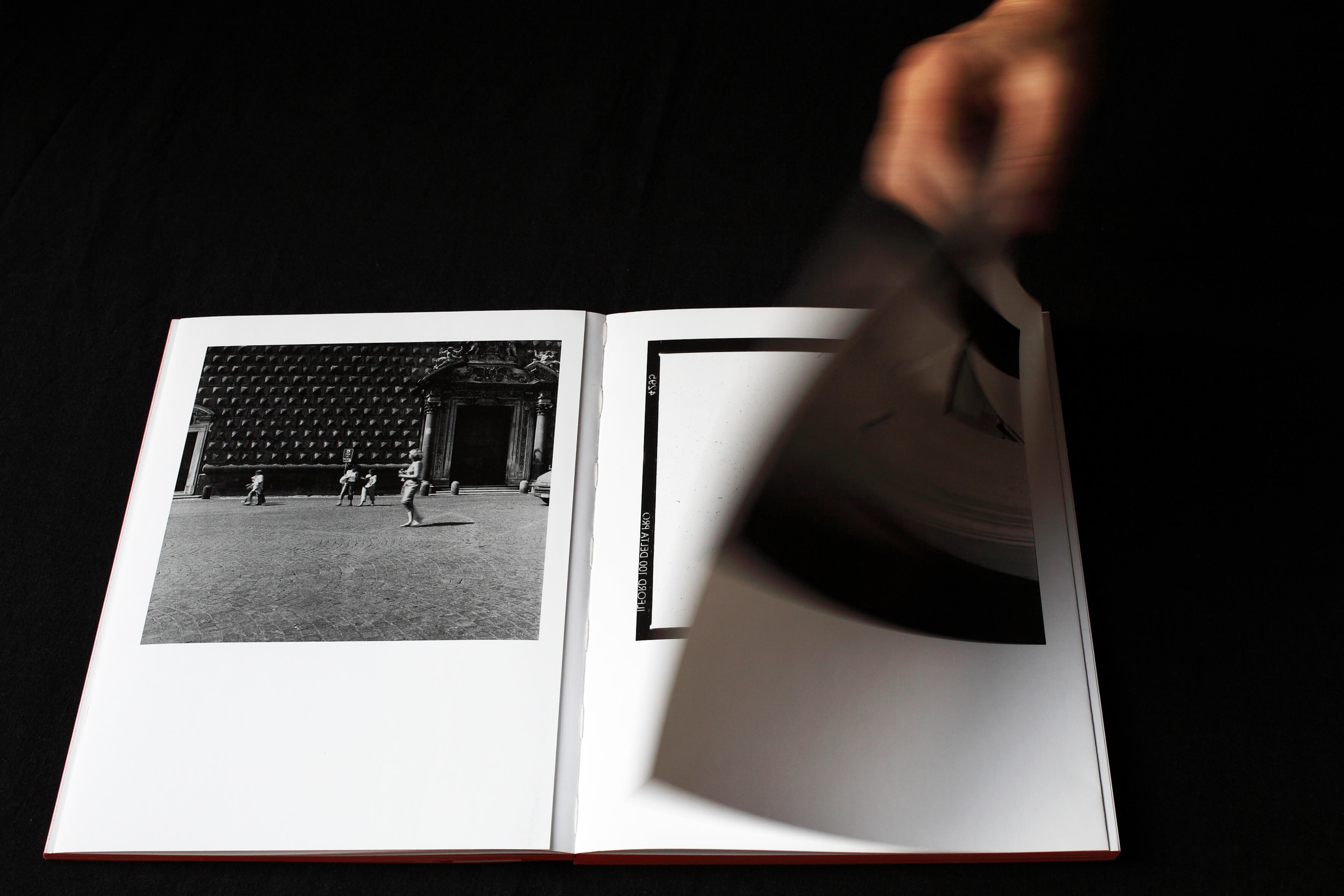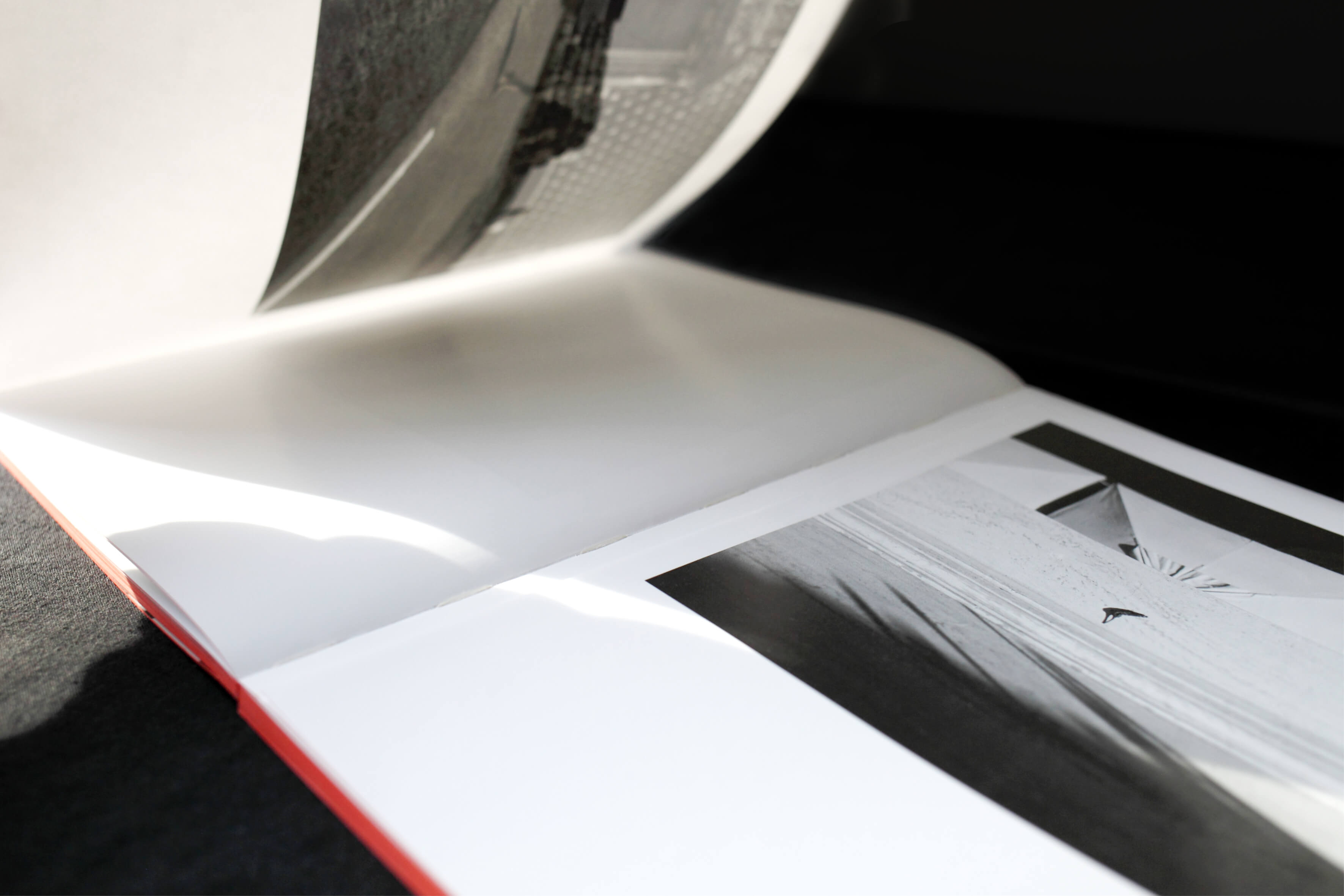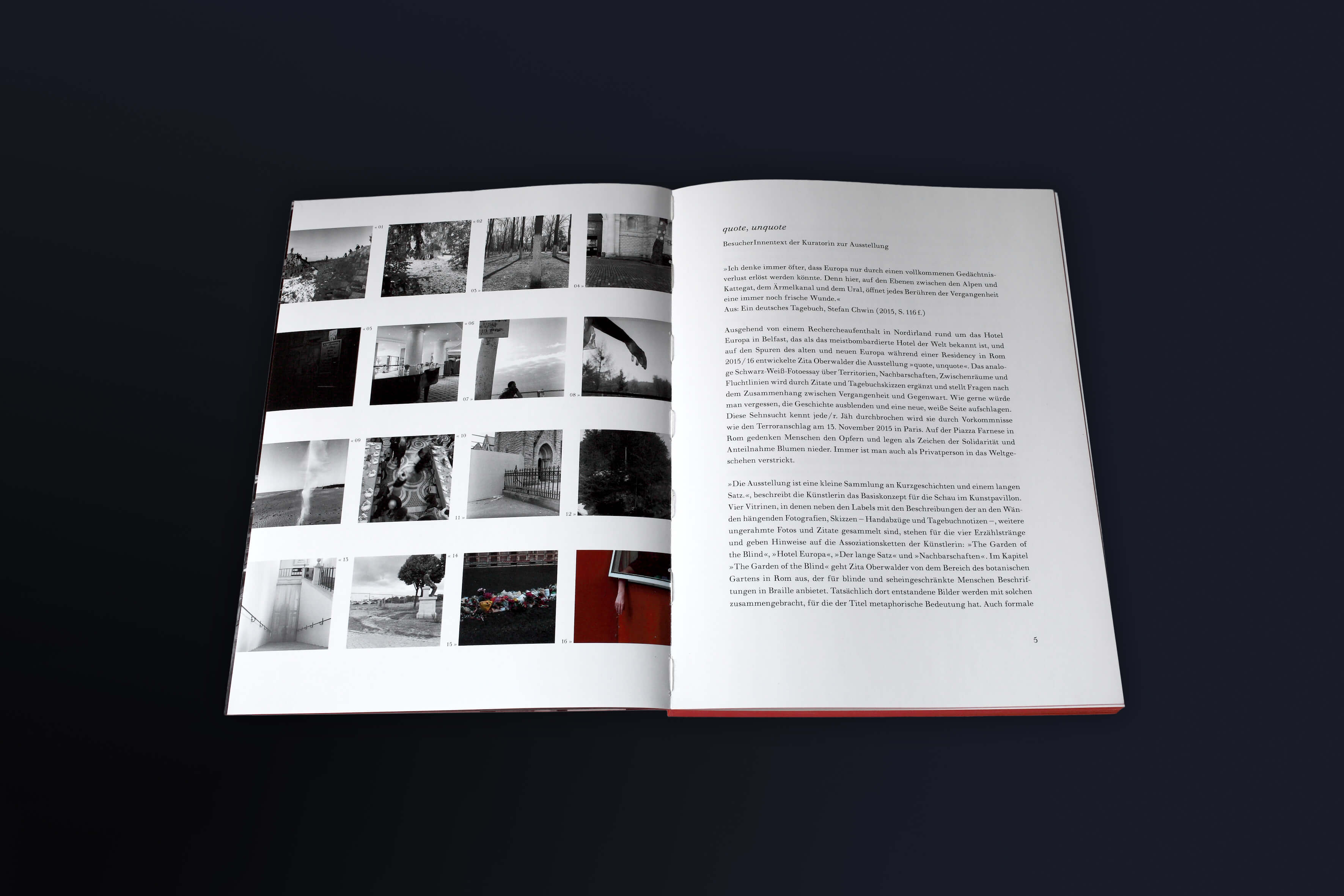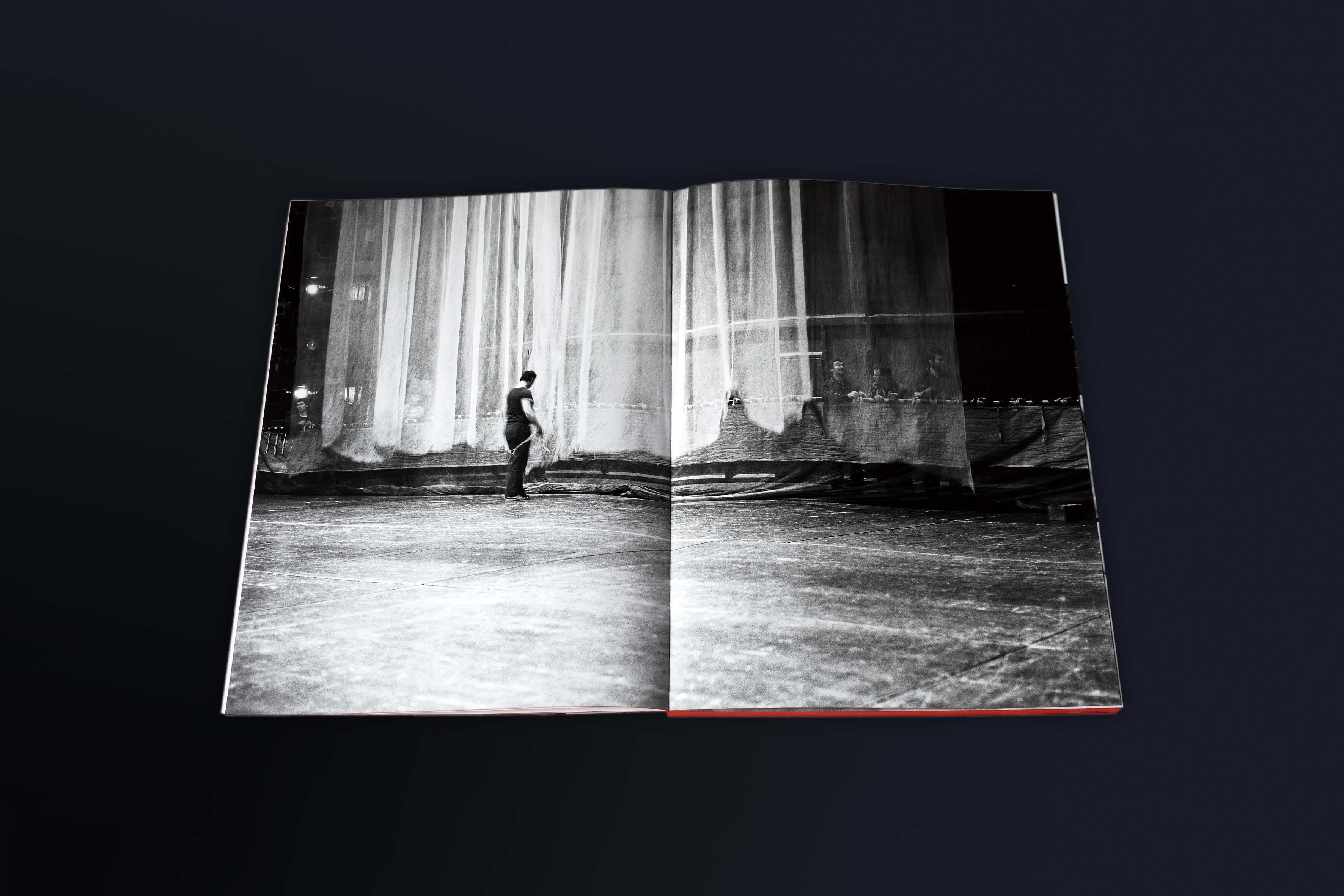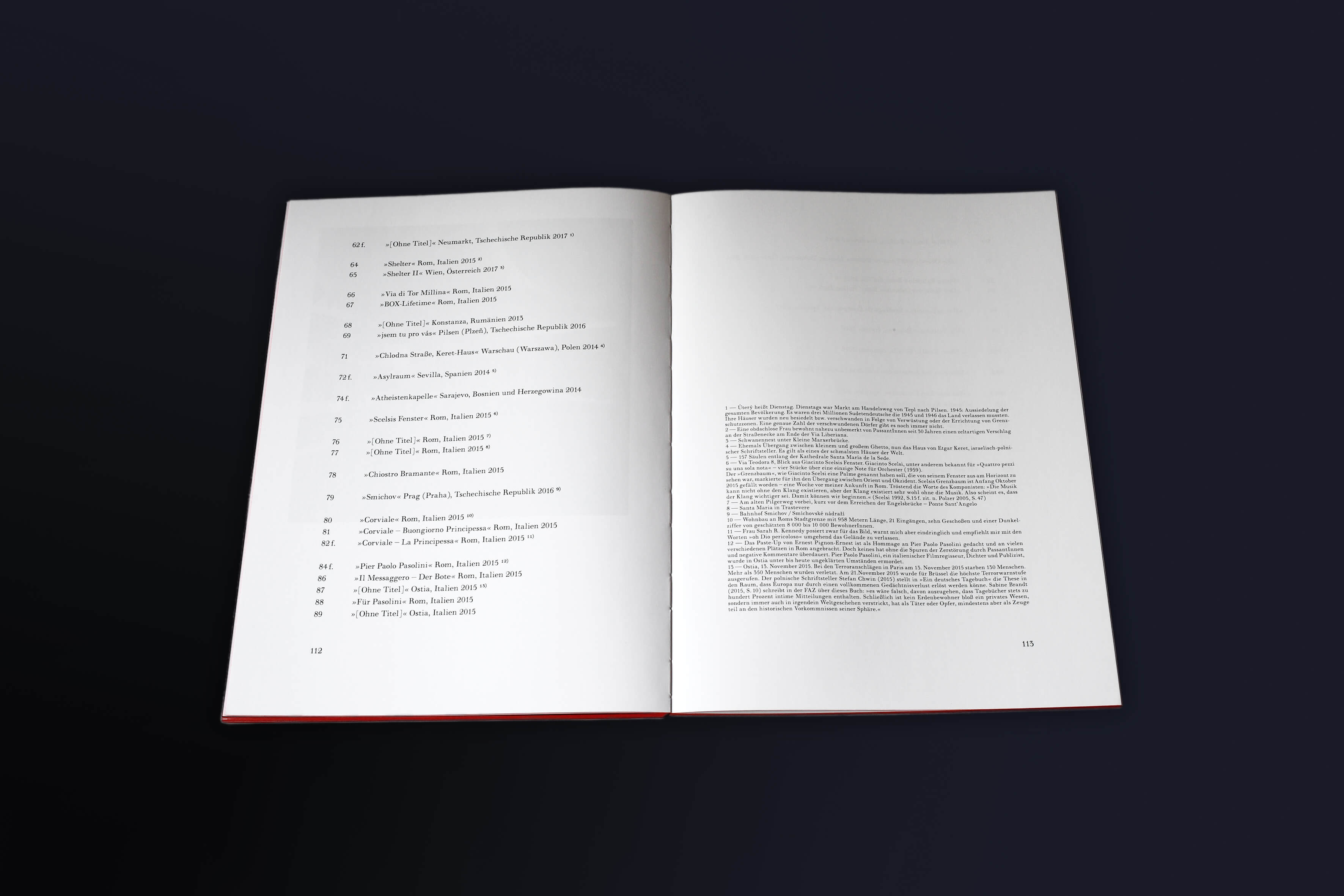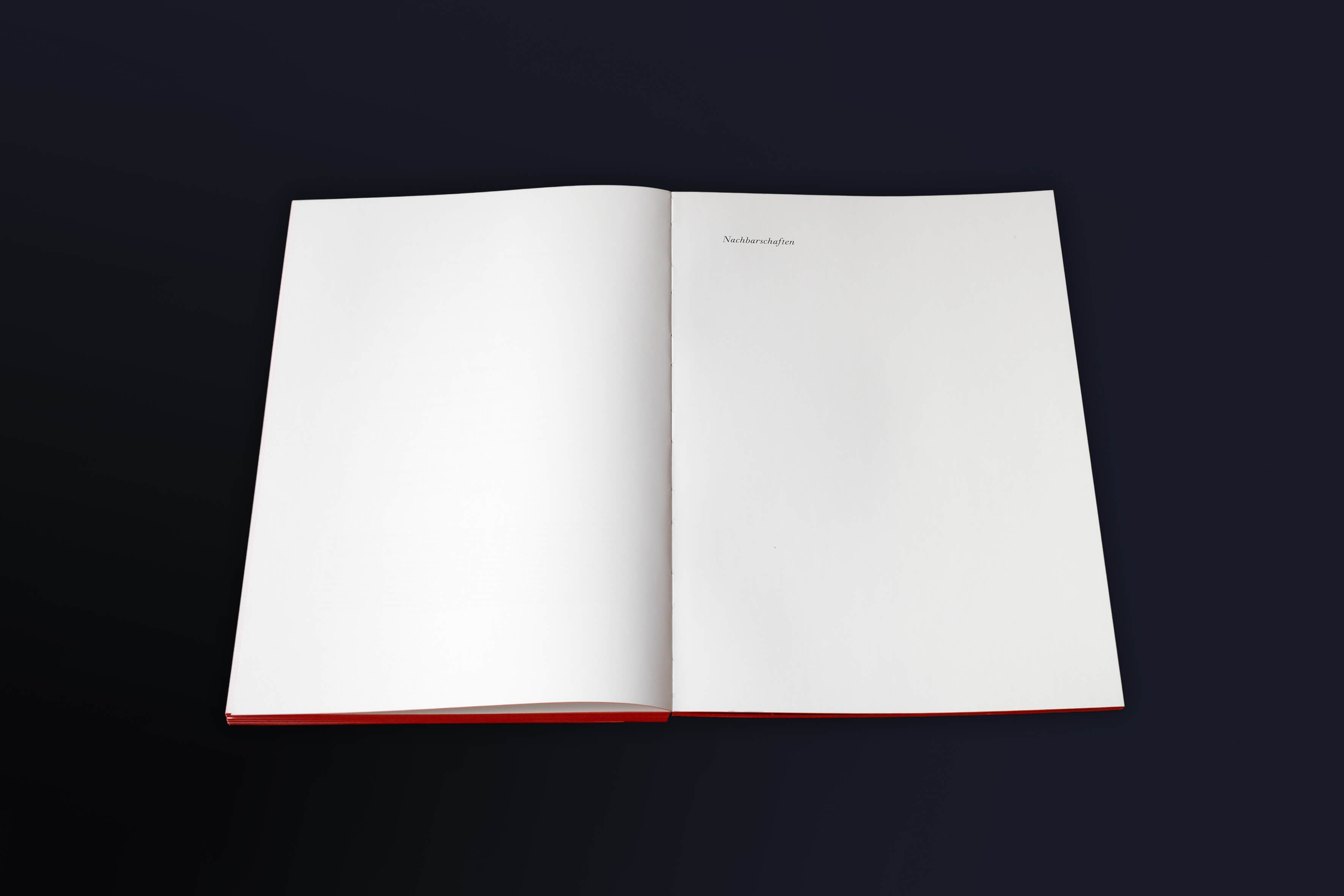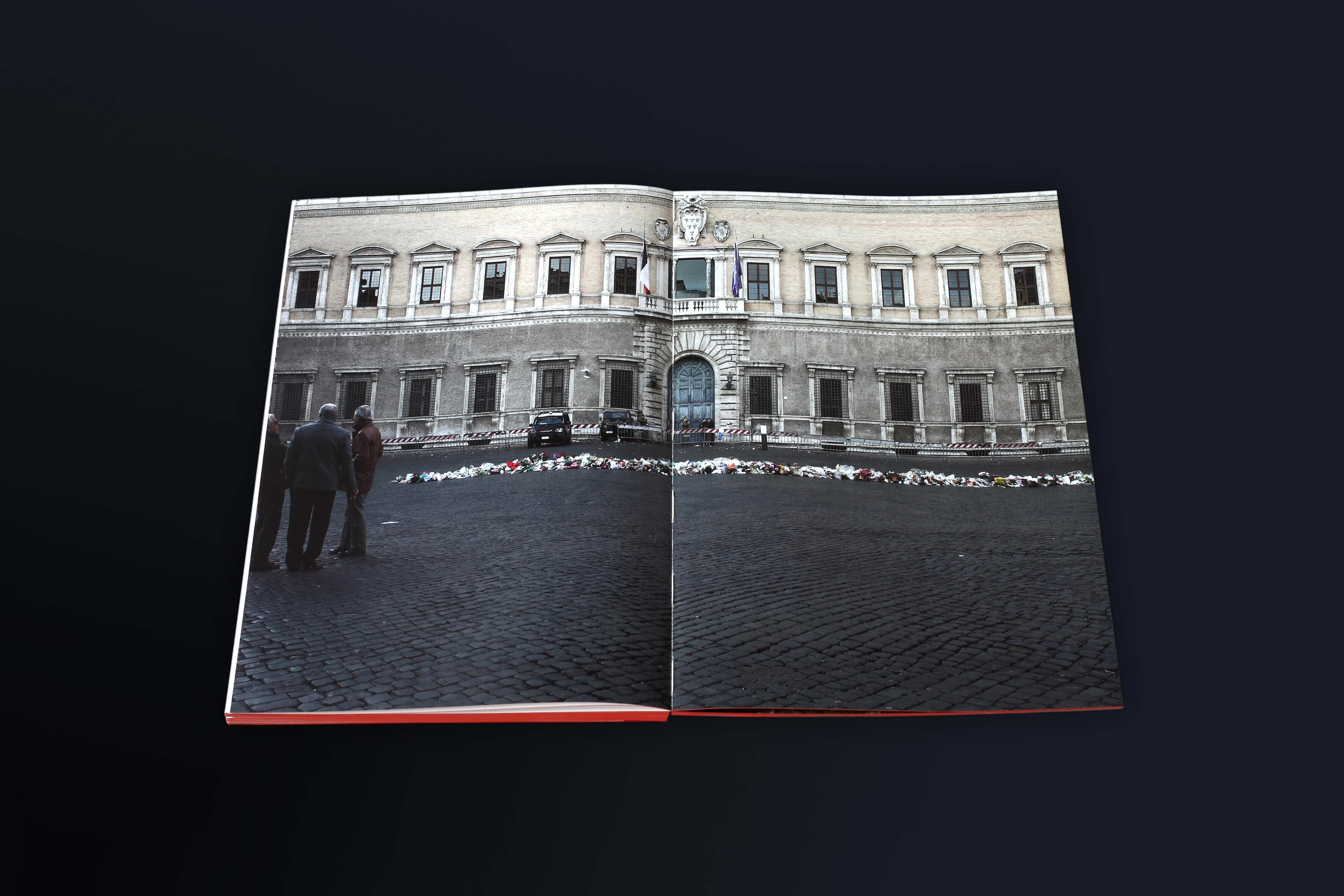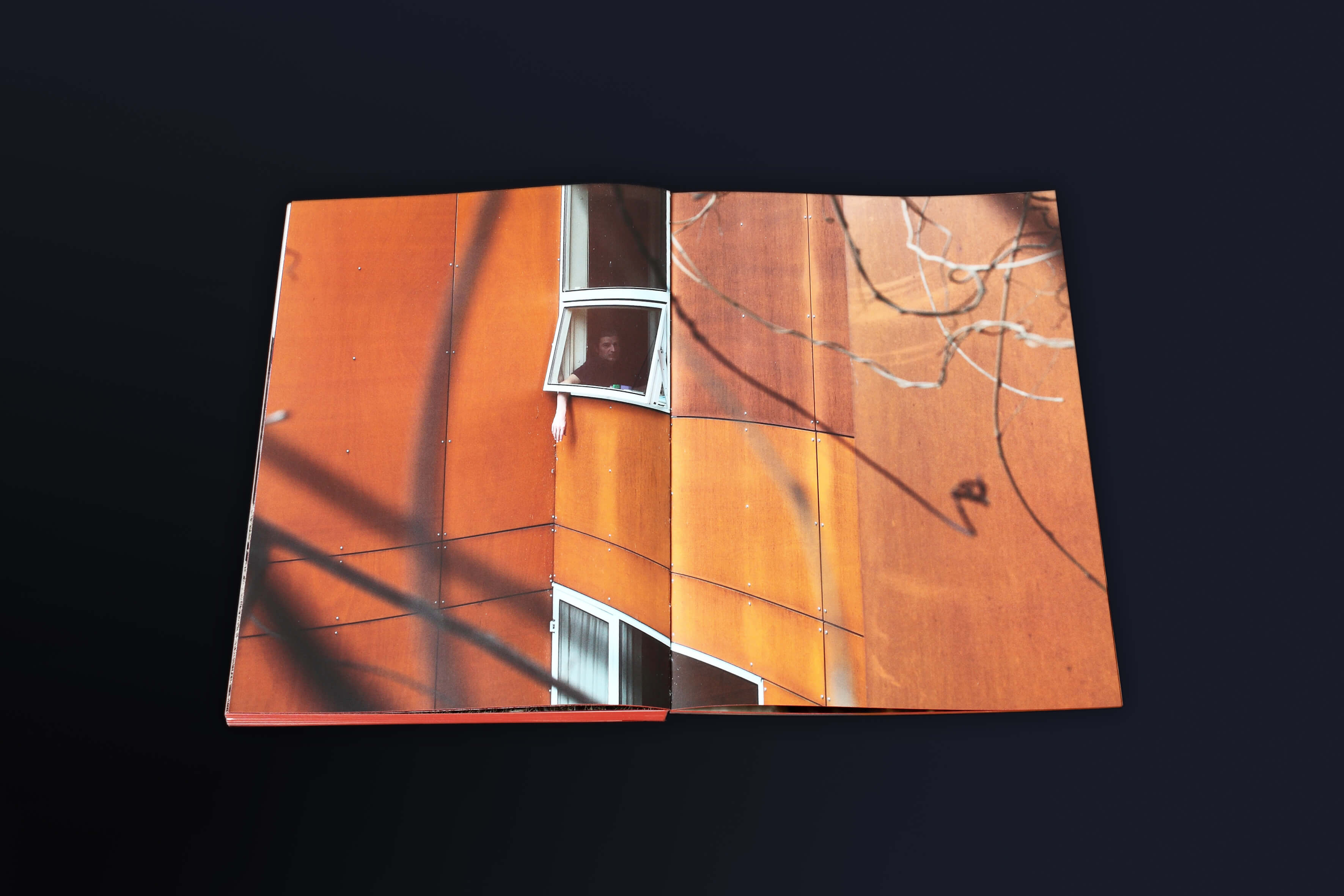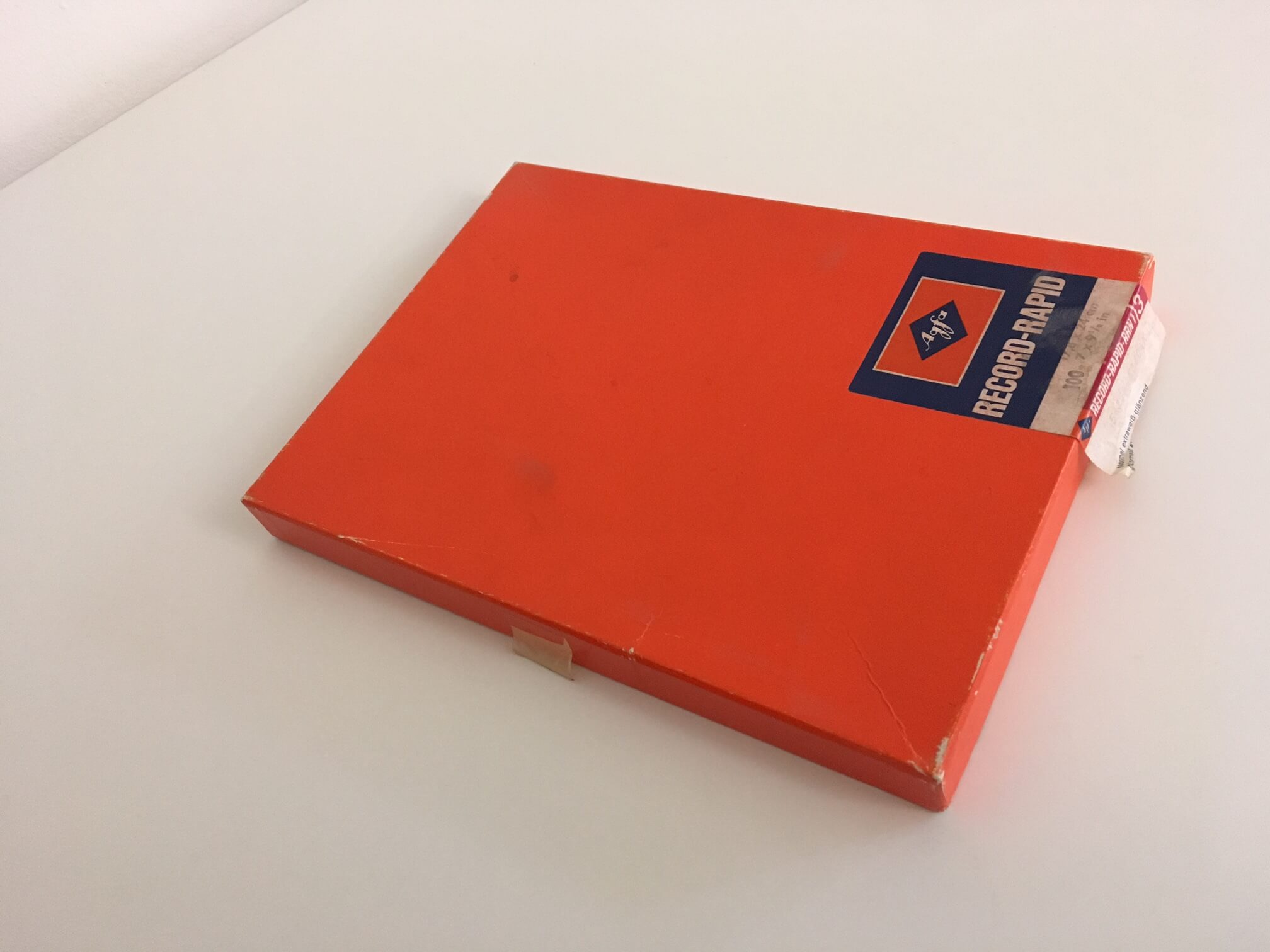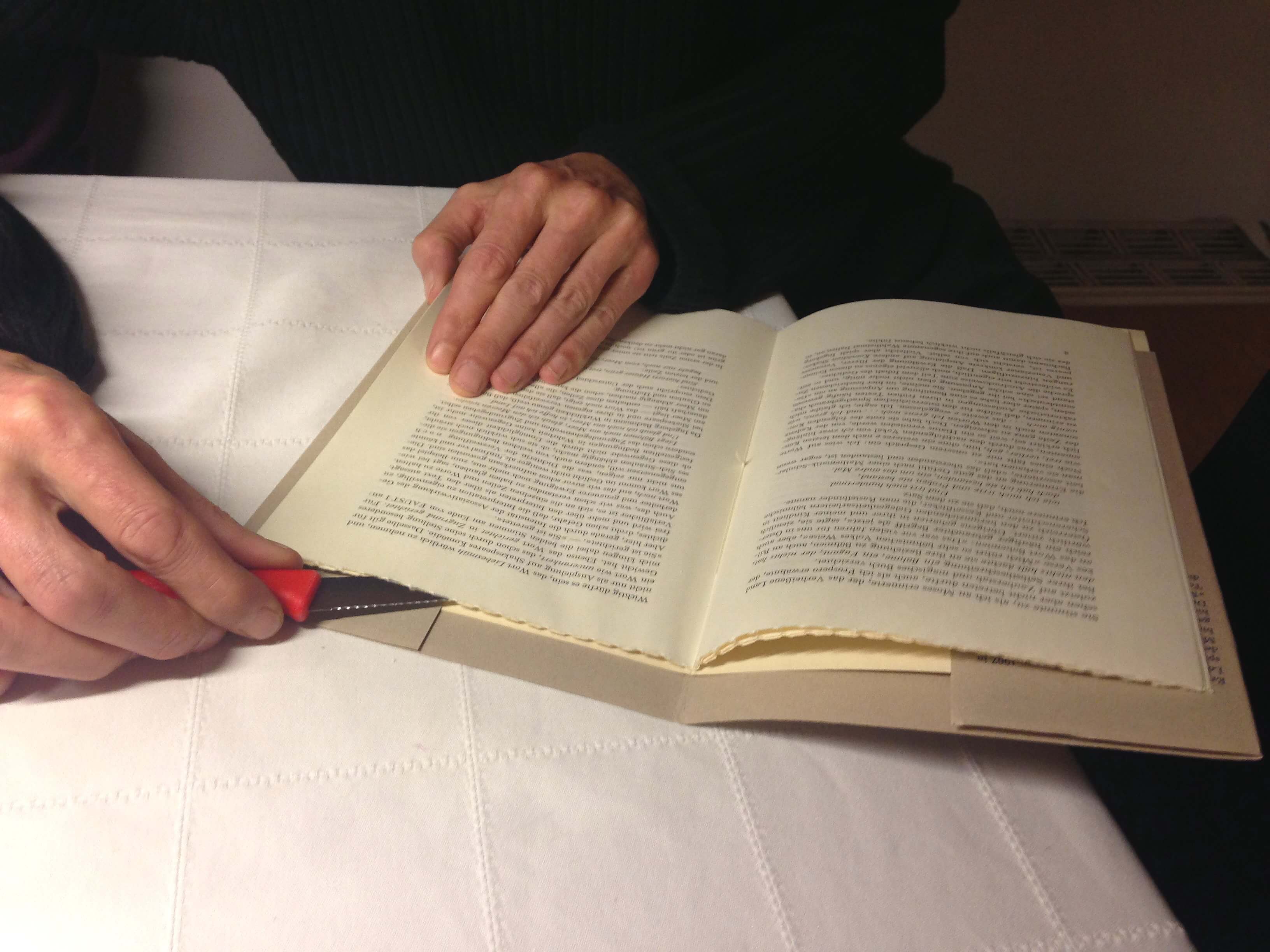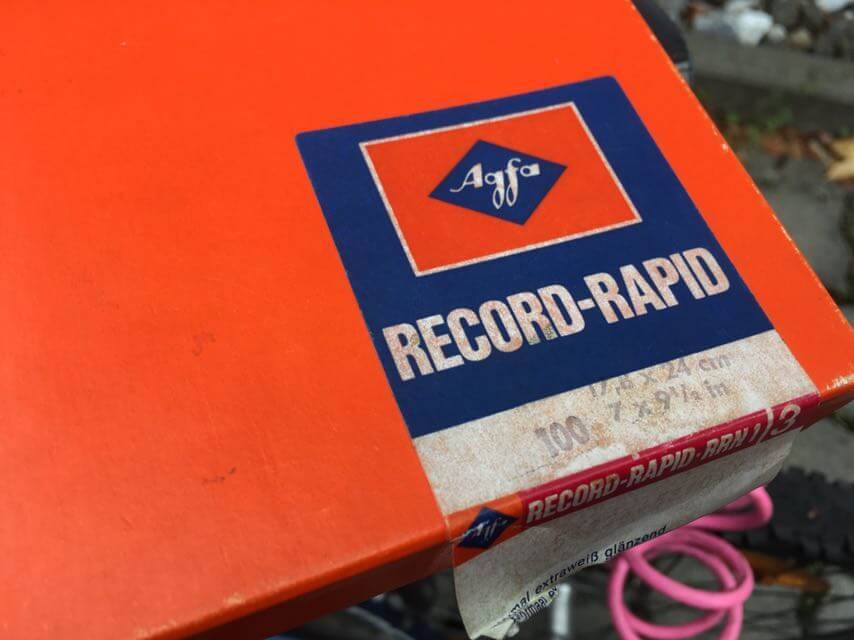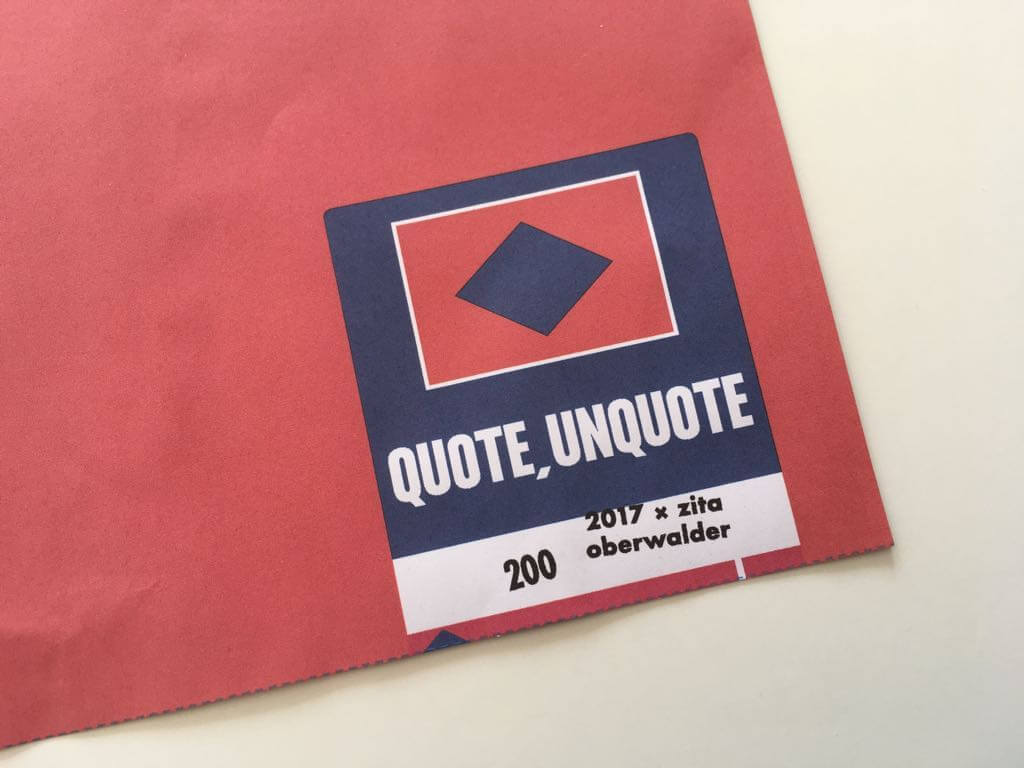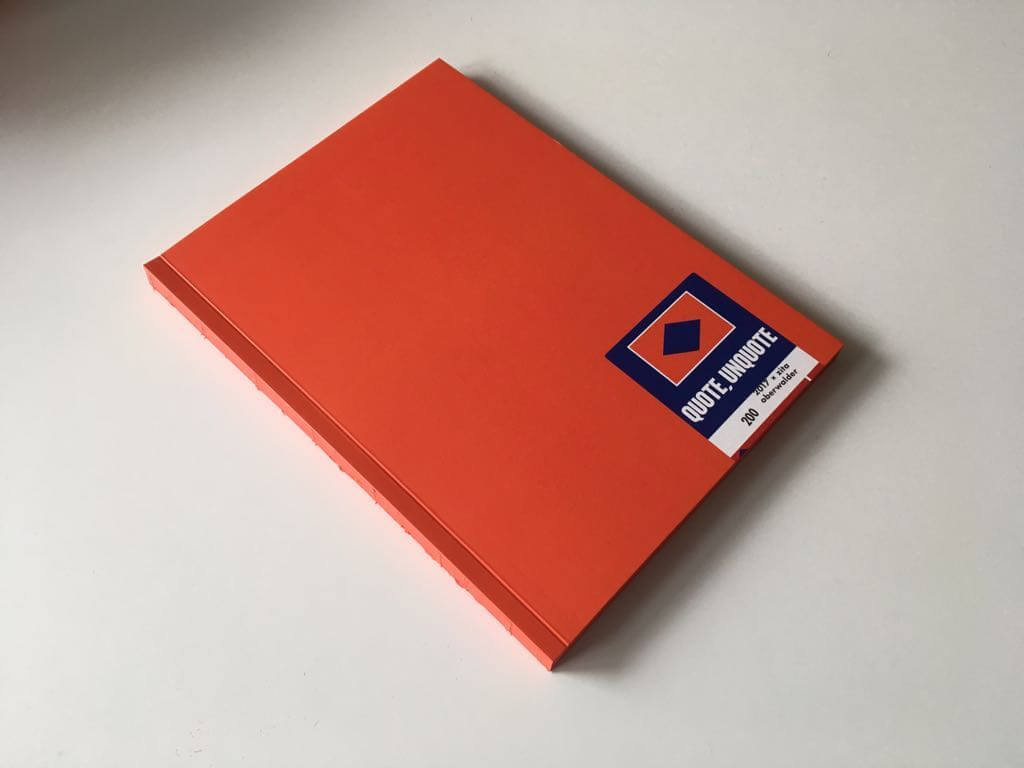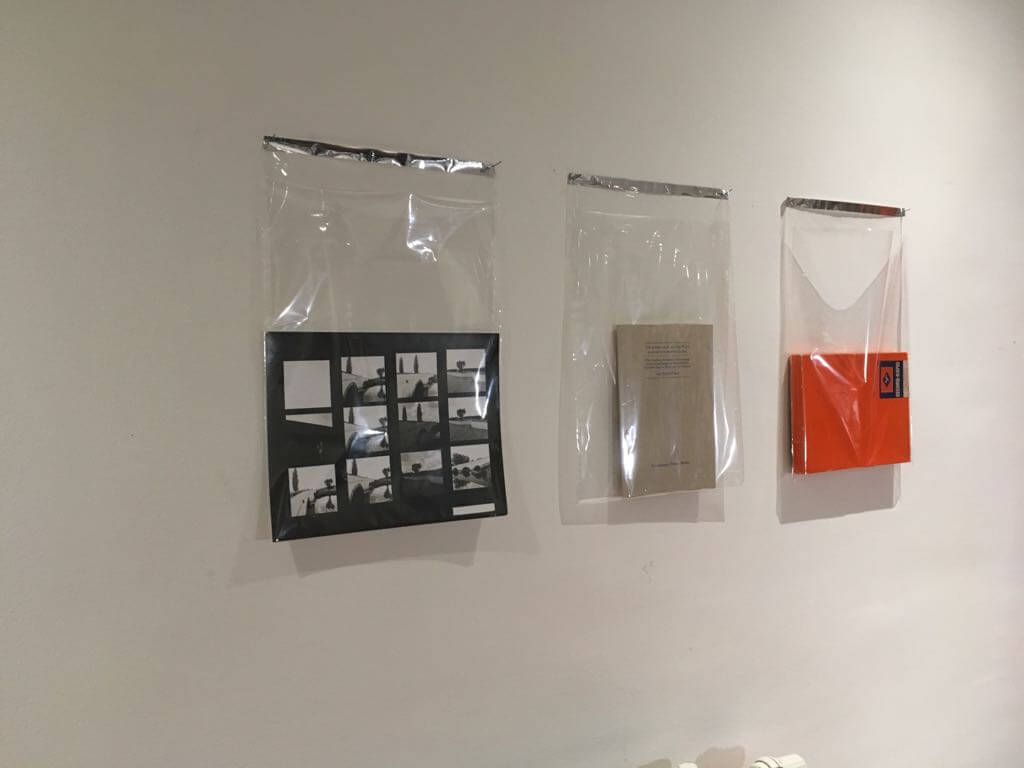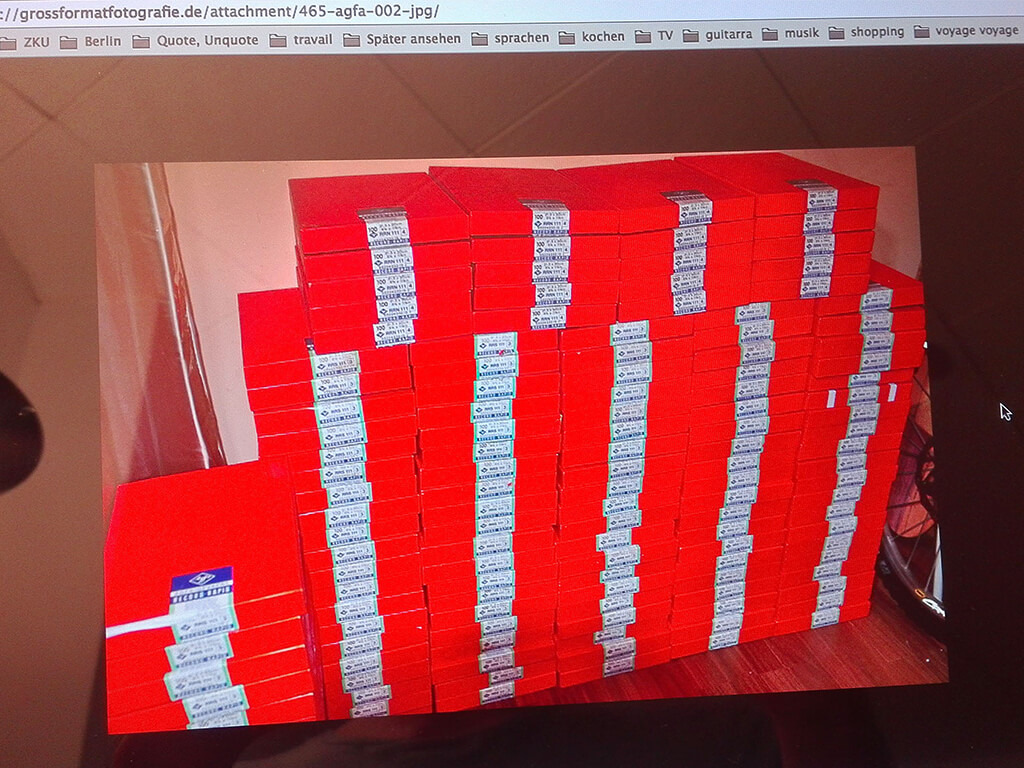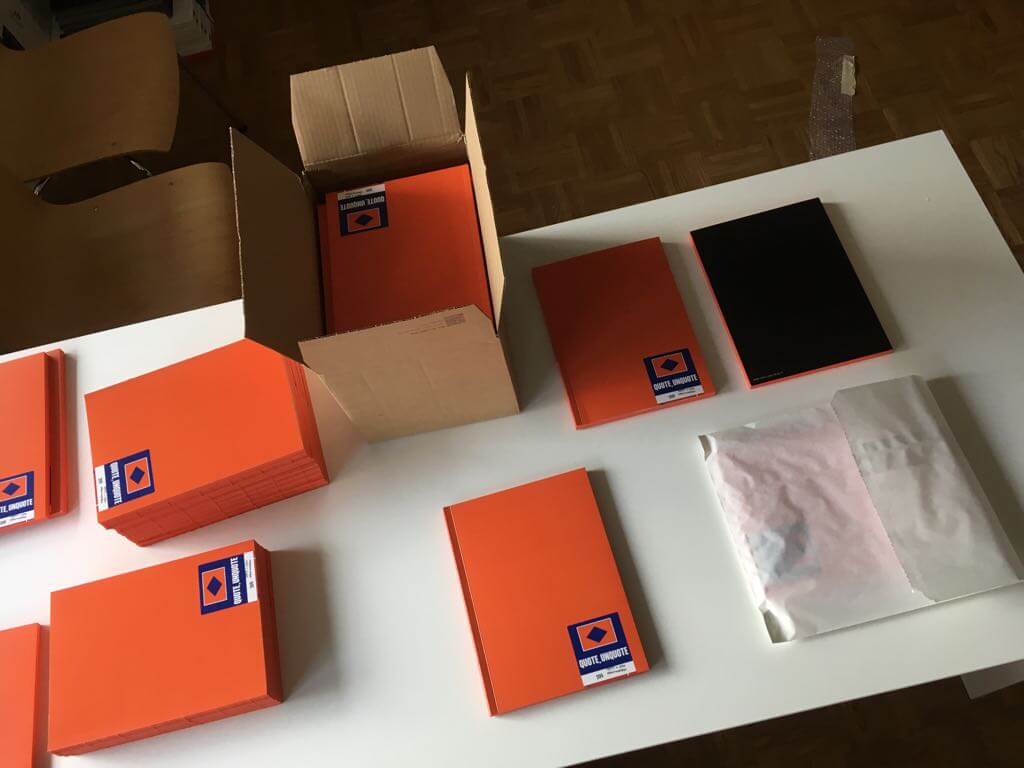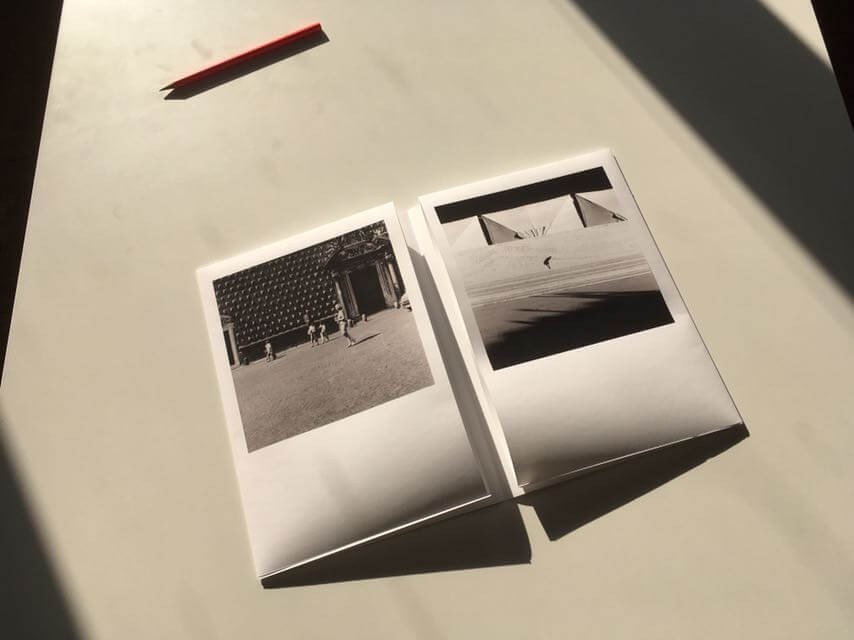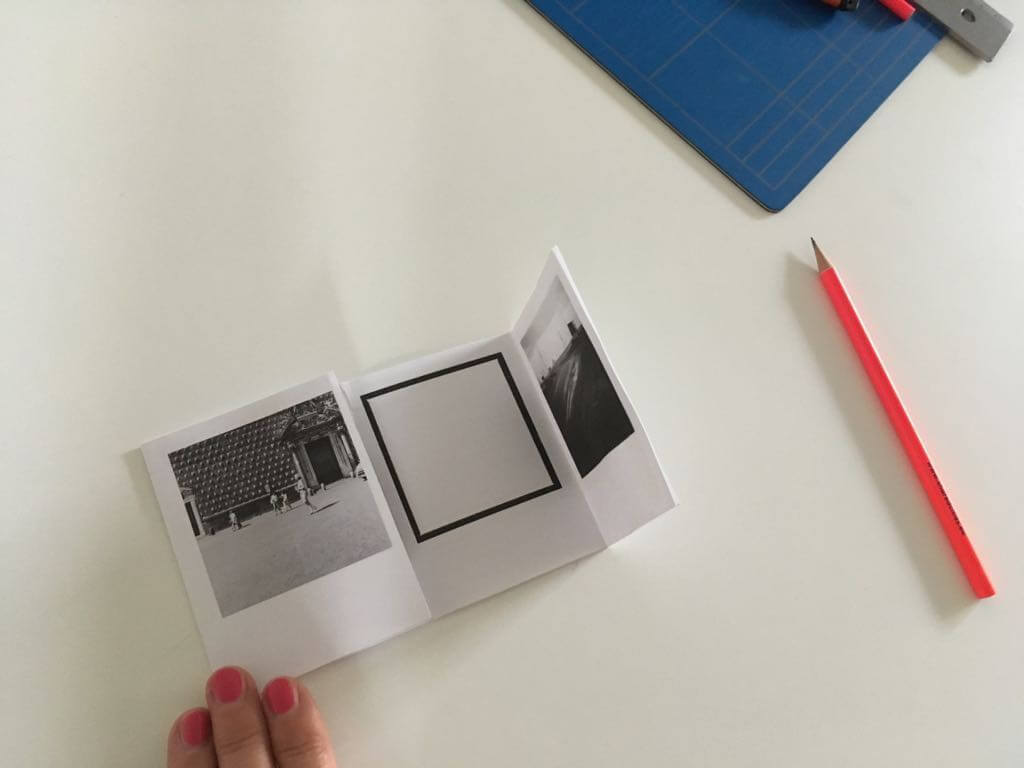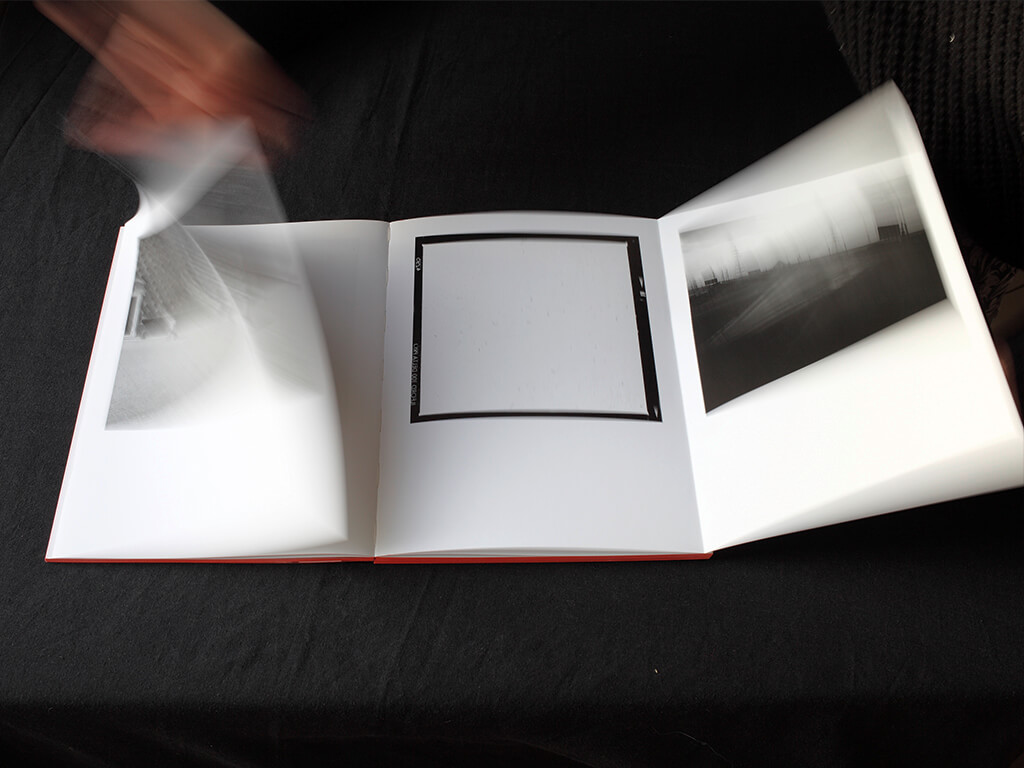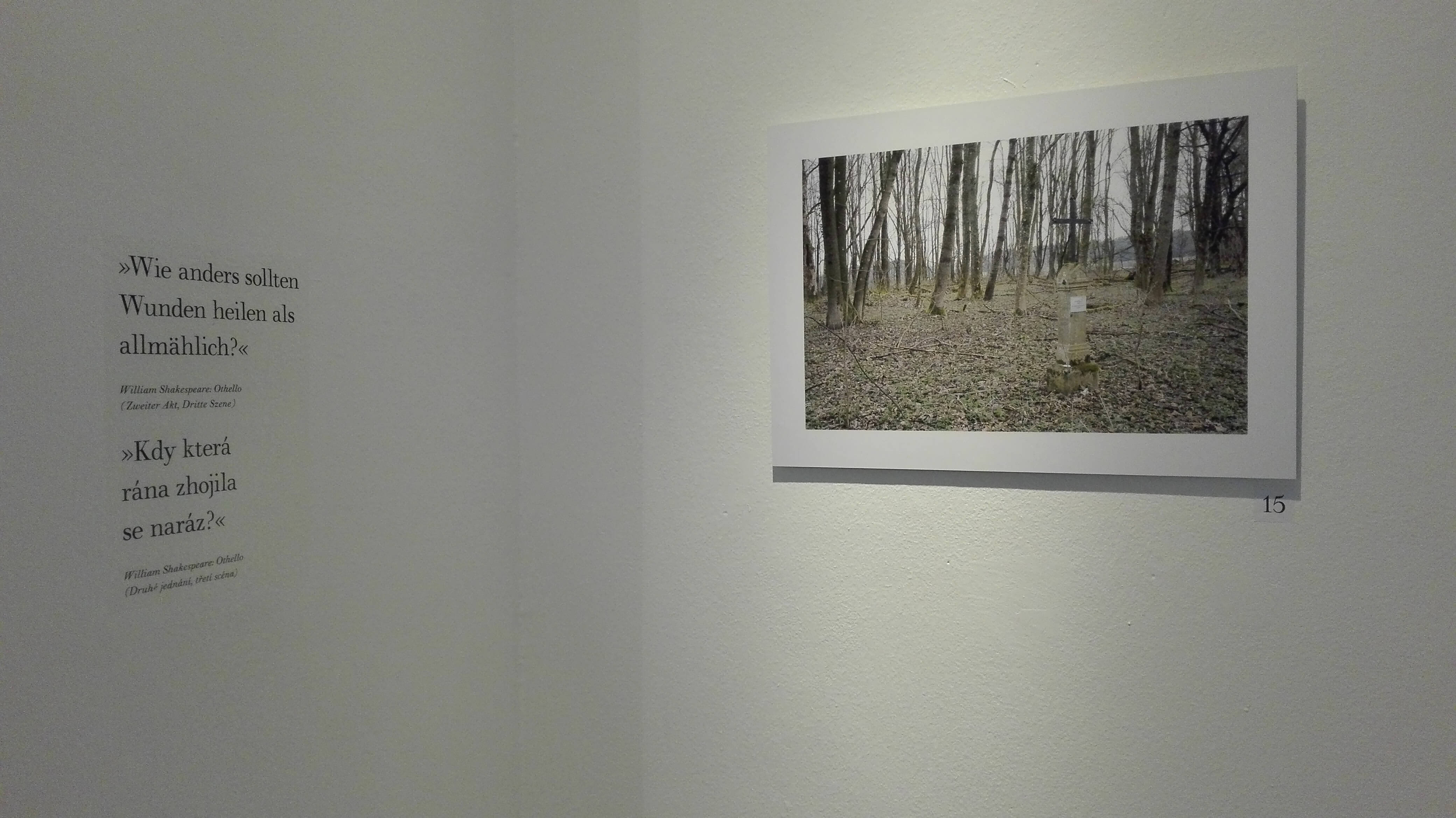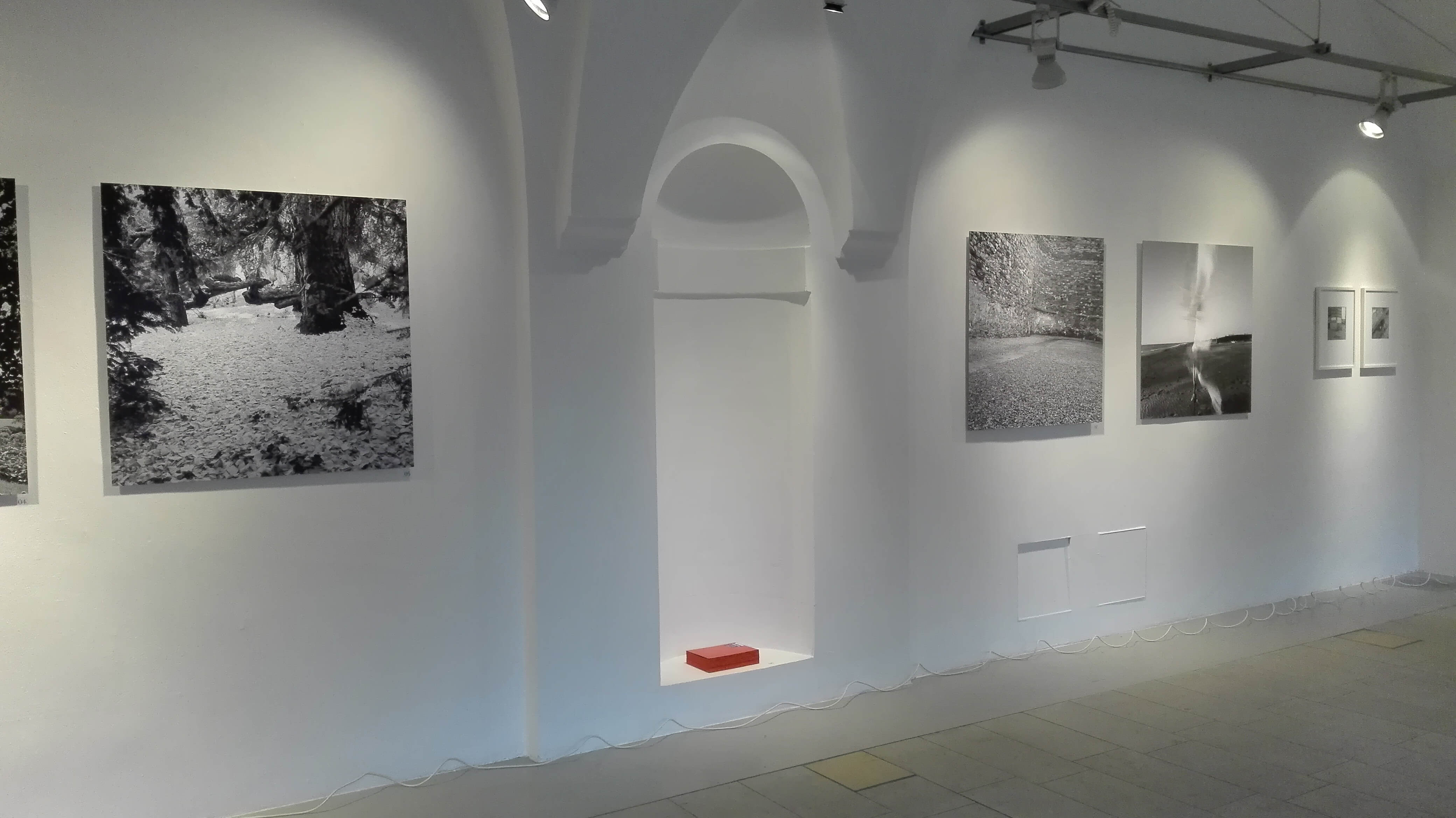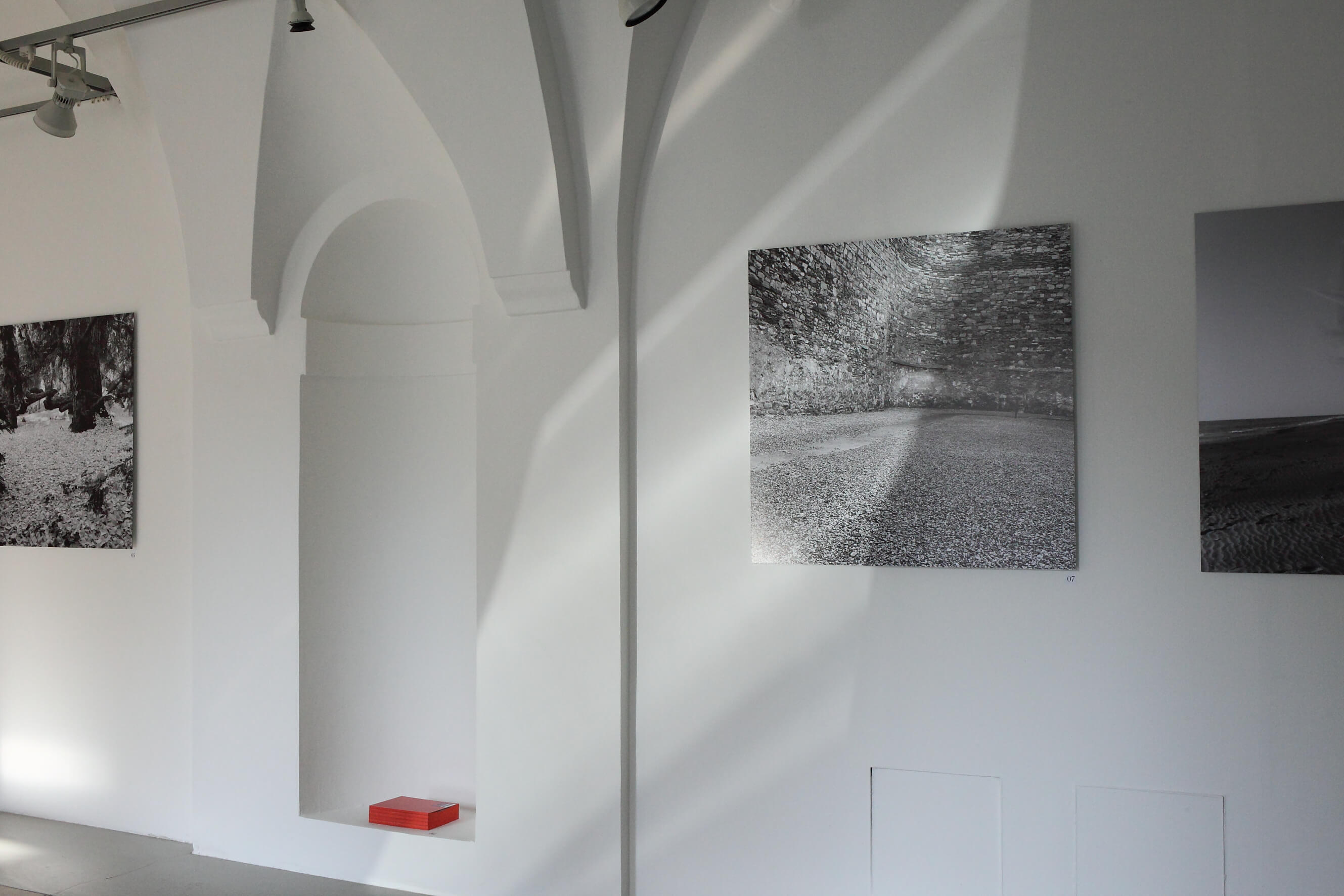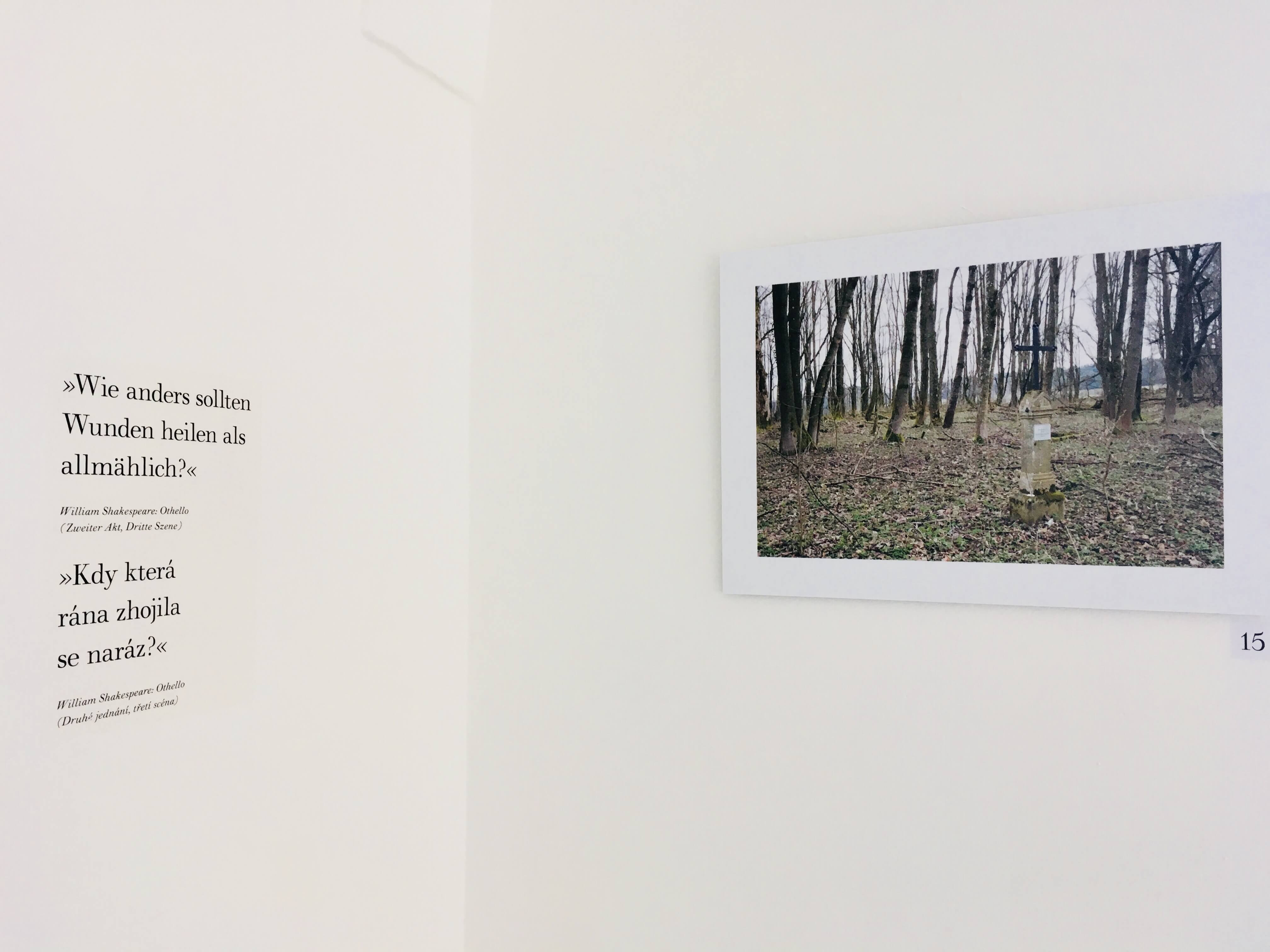QUOTE, UNQUOTE
An artistic catalogue by and with the professional photographer and artist Zita Oberwalder.
An artistic catalogue by and with the professional photographer and artist Zita Oberwalder.
WHAT
Concept + Structure
Editorial design
Text contributions
WHAT
Concept + Structure
Editorial design
Text contributions
WHEN
2016–2017
WHEN
2016–2017
FOR
Zita Oberwalder
WITH
Zita Oberwalder
Et al.
1st print run, self-published
by the artist in 2017.
Strictly limited edition with 200 copies, hand-numbered on the cover by the artist. For purchase inquiries CLICK HERE.
Length:
152 pages
+ double gate fold (8 pages)
Format:
19,5 × 26,5 cm
Extras:
Thread-stiching,
exposed binding
Edge coloring on all sides
Language:
German with an additional English translation supplement
ABOUT THE PROJECT
Zita Oberwalder presents the second photographic essay concerning her thematic focal point ‘Hotel Europa’ (working title). Therein she continues her poetic approach towards both the actual and subjectively perceived frontiers of Europe.
The photographic narrative orbits around the physical building of the Hotel Europa in Belfast – infamous as the most bombed hotel of Europe if not even the entire world. There, surrounded by a fragile peace, the artist transfers the (apparently deeply European) insecurity into the language of her images: How should the space between the cultures be handled? How is the past to be overcome? And: where do we go from here?
In addition, over the course of various artist-in-residence programmes in the Czech Republic, Italy and Austria, the project has been expanded continuously. In June 2016 some of her time-critical works were on display at the exhibition ‘quote, unquote’, hosted by the artists’ association Tiroler Künstlerschaft at Kunstpavillon Innsbruck. The present catalogue serves as a retrospective review of the eponymous exhibition.
However, in order to meet the demands of a printed publication, the original image selection has been thoroughly revised. The available material has been re-arranged, extended and completed with elaborate comments. Hence, this photographic essay includes a lot more than a documentation of the previous exhibition and can be perceived as an original and self-contained work of Zita Oberwalder.
ABOUT THE PROJECT
With ‘QUOTE, UNQUOTE’ Zita Oberwalder presents the second photographic essay concerning her thematic focal point ‘Hotel Europa’ (working title). Therein she continues her poetic approach towards both the actual and subjectively perceived frontiers of Europe.
The photographic narrative orbits around the physical building of the Hotel Europa in Belfast – infamous as the most bombed hotel of Europe if not even the entire world. There, surrounded by a fragile peace, the artist transfers the (apparently deeply European) insecurity into the language of her images: How should the space between the cultures be handled? How is the past to be overcome?
And where do we go from here?
In addition, over the course of various artist-in-residence programmes in the Czech Republic, Italy and Austria, the project has been expanded continuously. In June 2016 some of her time-critical works were on display at the exhibition ‘quote, unquote’, hosted by the artists’ association Tiroler Künstlerschaft at Kunstpavillon Innsbruck. The present catalogue serves as a retrospective review of the eponymous exhibition.
However, in order to meet the demands of a printed publication, the original image selection has been thoroughly revised. The available material has been re-arranged, extended and completed with elaborate comments. Hence, this photographic essay includes a lot more than a documentation of the previous exhibition and can be perceived as an original and self-contained work of Zita Oberwalder.
CONCEPT / DESIGN
As the title of the exhibition, ‘Quote, unquote’ intended to simultaneously communicate possibility as well as impossibility, namely, to increase attention using various quotations, to corroborate Oberwalder’s own intellectual approach and to place the quotations as a thought-provoking impulse at the beginning of a narrative thread. ‘Quote’ and ‘unquote’ are words which are actually only used in speech as they are being replaced by quotation marks in writing. By choosing this specific title, the artist reveals a lot about her methodology and her handling of literary approaches. Additionally, she makes clear how fragmentary and subjective historical records can be.
Consistent with the title of the exhibition, the concept of the catalogue by the same name represents an elaborate quotation. It can be divided into two partial aspects:
Concept / Design
As the title of the exhibition, ‘Quote, unquote’ intended to simultaneously communicate possibility as well as impossibility, namely, to increase attention using various quotations, to corroborate Oberwalder’s own intellectual approach and to place the quotations as a thought-provoking impulse at the beginning of a narrative thread. ‘Quote’ and ‘unquote’ are words which are actually only used in speech as they are being replaced by quotation marks in writing. By choosing this specific title, the artist reveals a lot about her methodology and her handling of literary approaches. Additionally, she makes clear how fragmentary and subjective historical records can be.
Consistent with the title of the exhibition, the concept of the catalogue by the same name represents an elaborate quotation. It can be divided into two partial aspects:
AD 1:
Form, colour, paper and design of this catalogue invoke the packaging of ‘Agfa Record Rapid No. 3’, the artist's photo paper of choice during the 1980s in matters of its tone, poignancy and brilliance. Although this classic Baryta paper has been out of production for a long time, you can still find some of the original photo paper boxes in her studio. There they serve – among a lot of other boxes from brands such as Ilford, Forte and the likes – as storage boxes for her photographs, notes and other artefacts relevant to her work. In summer 2017, when this catalogue was thoroughly discussed in Berlin, it was one of these boxes which managed to ignite the spark of her storyteller potential. To illustrate and finally multiply the luxurious experience of a private studio conversation with this artist, it was attempted to copy the appearance of the original Agfa-box as exactly as possible.
As soon as the readers open ‘the box’, they are immediately transferred into Zita Oberwalder's studio and in front of the ‘quote, unquote’ working folder including her carefully selected and arranged photo and text materials. The collected tales behind the images appear at the end of each chapter in the small print section.
AD 2:
Another relevant factor for the development of this publication appeared in the form of a small book titled ‘Ich grenz noch an ein Wort und ein andres Land’. Published in 1983 as a limited edition by Friedenauer Presse Berlin, it includes an analysis of the Ingeborg Bachman poem ‘Böhmen liegt am Meer’ (1964, ‘Bohemia Lies by the Sea’) by Erich Fried, a fellow poet and contemporary of Bachmann.
The poem, as well as the book itself, became relevant to Zita Oberwalder in her preparation for the exhibition ‘quote, unquote’. Thus it seemed fitting to include typographic elements from it for the present catalogue. This way, the viewers are encouraged to discover substantial and stylistic similarities between Fried's book and this catalogue.
The photographic works of Zita Oberwalder are strongly inspired by literary achievements of poets such as Ingeborg Bachmann, Bob Dylan, Shakespeare and others. She even prefers to call her photo series ‘poems’, ‘short stories’ or ‘songs’ – consistent with this she likes to term her catalogues ‘photographic essays’. Logically, also the photo series present in this catalogue ought to be read and interpreted as one would do with a poem. Eventually, the arrangement of the picture titles (following each chapter) was intended to encourage this very approach.
Ad 1.:
Form, colour, paper and design of this catalogue invoke the packaging of ‘Agfa Record Rapid No. 3’, the artist's photo paper of choice during the 1980s in matters of its tone, poignancy and brilliance. Although this classic Baryta paper has been out of production for a long time, you can still find some of the original photo paper boxes in her studio. There they serve – among a lot of other boxes from brands such as Ilford, Forte and the likes – as storage boxes for her photographs, notes and other artefacts relevant to her work. In summer 2017, when this catalogue was thoroughly discussed in Berlin, it was one of these boxes which managed to ignite the spark of her storyteller potential. To illustrate and finally multiply the luxurious experience of a private studio conversation with this artist, it was attempted to copy the appearance of the original Agfa-box as exactly as possible.
As soon as the readers open ‘the box’, they are immediately transferred into Zita Oberwalder's studio and in front of the ‘quote, unquote’ working folder including her carefully selected and arranged photo and text materials. The collected tales behind the images appear at the end of each chapter in the small print section.
Ad 2.:
Another relevant factor for the development of this publication appeared in the form of a small book titled ‘Ich grenz noch an ein Wort und ein andres Land’. Published in 1983 as a limited edition by Friedenauer Presse Berlin, it includes an analysis of the Ingeborg Bachman poem ‘Böhmen liegt am Meer’ (1964, ‘Bohemia Lies by the Sea’) by Erich Fried, a fellow poet and contemporary of Bachmann.
The poem, as well as the book itself, became relevant to Zita Oberwalder in her preparation for the exhibition ‘quote, unquote’. Thus it seemed fitting to include typographic elements from it for the present catalogue. This way, the viewers are encouraged to discover substantial and stylistic similarities between Fried's book and this catalogue.
The photographic works of Zita Oberwalder are strongly inspired by literary achievements of poets such as Ingeborg Bachmann, Bob Dylan, Shakespeare and others. She even prefers to call her photo series ‘poems’, ‘short stories’ or ‘songs’ – consistent with this she likes to term her catalogues ‘photographic essays’. Logically, also the photo series present in this catalogue ought to be read and interpreted as one would do with a poem. Eventually, the arrangement of the picture titles (following each chapter) was intended to encourage this very approach.
CONCLUSION
At the outset, our intention has been to merely deliver an long overdue documentation of the successful ‘Quote, Unquote’ exhibition from 2016. After reviewing the material, long discussions over the topic and Oberwalder’s artistic vision, we soon realised: this wasn’t what we needed at all. What we needed was a cross section of Zita Oberwalder’s work, explaining her oeuvre and approach for interested but uninitiated art enthusiast – while still leaving room for more to come. The catalogue quickly outgrew it’s original intention and became a work of its own.
AFTERMATH
Now we’ve come full circle: In a series of exhibitions the catalogue and it’s title have played a central role – most prominently in Prague in June 2018, with the exhibition ‘Quote, Unquote: Hotel Europa’ in the Gallery of the Austrian Forum of Culture (Galerie Rakouského kulturního fóra v Praze).
Conclusion and aftermath
At the outset, our intention has been to merely deliver an long overdue documentation of the successful ‘Quote, Unquote’ exhibition from 2016. After reviewing the material, long discussions over the topic and Oberwalder’s artistic vision, we soon realised: this wasn’t what we needed at all. What we needed was a cross section of Zita Oberwalder’s work, explaining her oeuvre and approach for interested but uninitiated art enthusiast – while still leaving room for more to come. The catalogue quickly outgrew it’s original intention and become a work of its own.
Now we’ve come full circle: In a series of exhibitions the catalogue and it’s title have played a central role – most prominently in Prague in June 2018, with the exhibition ‘Quote, Unquote: Hotel Europa’ in the Gallery of the Austrian Forum of Culture (Galerie Rakouského kulturního fóra v Praze).
FURTHER INFO
Order the catalogue
For anyone interested in the purchase of a catalogue, there is still a small number available for purchase. For further information please inquire here:
quoteunquote(at)gmx.net
English translation supplement
The original art catalogue was kept monolingual on purpose (namely in German, the artist’s mother tongue) in order to maintain authenticity, since language plays an important role in the works of Zita Oberwalder. On request, however, the artist offers a supplement in English language containing translated text-segments from the 2017 art catalogue with every purchase. This document shall serve no other purpose than to supplement the forementioned art catalogue with an English translation (contributed by P. Fleischmann) for international audiences. It is not to be considered as an independent work of art.
Order the catalogue
For anyone interested in the purchase of a catalogue, there is still a small number available for purchase. For further information please inquire here:
quoteunquote(at)gmx.net
English translation supplement
The original art catalogue was kept monolingual on purpose (namely in German, the artist’s mother tongue) in order to maintain authenticity, since language plays an important role in the works of Zita Oberwalder.
On request, however, the artist offers a supplement in English language containing translated text-segments from the 2017 art catalogue with every purchase. This document shall serve no other purpose than to supplement the forementioned art catalogue with an English translation (contributed by P. Fleischmann) for international audiences. It is not to be considered as an independent work of art.
©HANNES MITTERBERGER 2019
©HANNES MITTERBERGER 2018
©HANNES MITTERBERGER 2018
